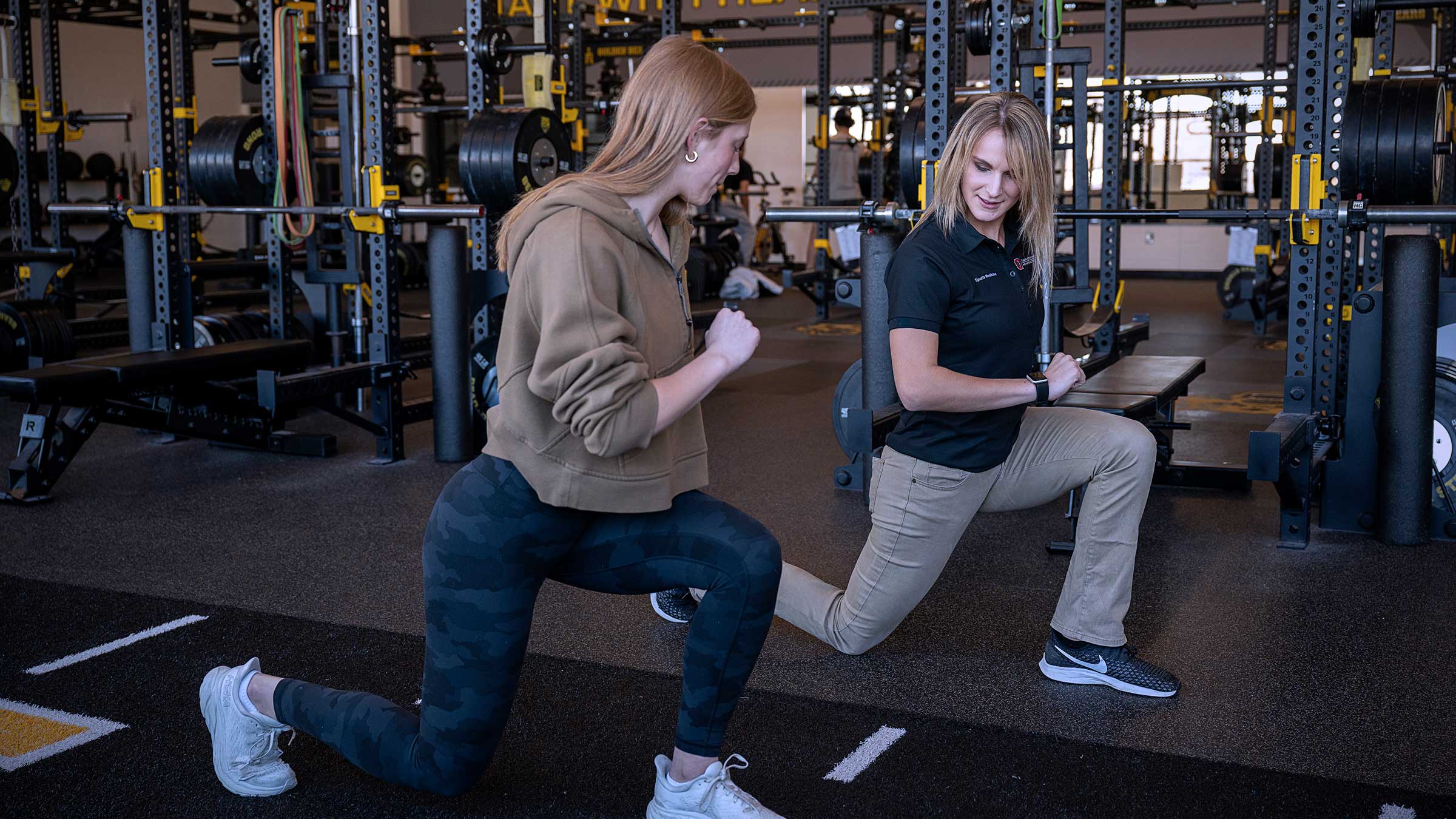The Crucial Effect of Strength Exercise on Improving Recovery and Effectiveness in Sports Recovery
The Crucial Effect of Strength Exercise on Improving Recovery and Effectiveness in Sports Recovery
Blog Article
Strength training holds a crucial role in athletic recovery, assisting athletes heal from traumas and enhance their overall capabilities. When an athlete sustains hurt, their body needs time to recover. However, during this rehabilitation phase, it is essential to maintain power and mobility to avoid additional injuries. Strength training can be customized to fit the needs of each athlete, focusing on specific muscular groups that may have been impacted by the trauma. This focused approach not only assists in recovery but also prepares the athlete to return to their activity more robust than before.
One of the main benefits of resistance training in recovery is its ability to improve muscular power and stamina. When muscular tissues are stronger, they can better stabilize articulations and reduce the chance of re-injury. For example, an athlete recovering from a leg injury can gain from exercises that fortify the quadriceps and back thigh muscles. These muscular tissues play a crucial part in supporting the leg joint. By including strength conditioning into their rehabilitation program, athletes can recover their strength more efficiently and securely.
In addition to developing strength, resistance conditioning also improves mobility and range of motion. Many injuries can result to stiffness in the injured area, making it challenging for individuals to move easily. Strength training exercises often include stretching and elongating the muscles, which can help This Site reestablish flexibility. For example, adding resistance straps or weights into flexibility routines can improve the effectiveness of these exercises. As mobility improves, individuals can execute movements more effectively, which is essential for peak performance in their sport.
Another crucial factor of resistance training in athletic rehabilitation is its positive effect on psychological well-being. Recovering from an injury can be a challenging and frustrating process for individuals. Engaging in strength conditioning can offer a sense of accomplishment and boost self-esteem. As athletes see improvements in their power and abilities, they may experience more motivated to continue their recovery process. This mental boost can be just as crucial as the bodily advantages, as a positive attitude can result to improved outcomes in rehabilitation.
Finally, resistance training can help individuals move back to their sport more smoothly. Once they have recovered their power and flexibility, athletes must to practice sport-specific actions to guarantee they are prepared for competition. Strength conditioning can be combined with sport-specific exercises to create a holistic rehabilitation plan. This blend allows athletes to not only recover but also improve their performance. By concentrating on both recovery and capabilities, resistance training becomes an essential instrument in the recovery process, assisting individuals return to their activity more robust and more resilient.